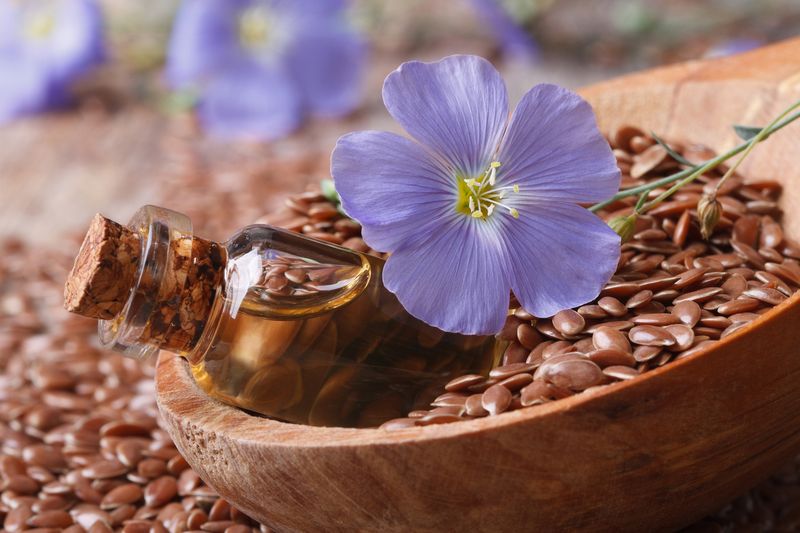New Russian duty on linseed exports opens opportunities for Kazakhstan in EU and China

Russia has introduced a 10% duty on the export of linseed, creating new prospects for Kazakhstani producers in the EU and Chinese markets, according to the Grain Union of Kazakhstan, citing Russian media. Experts suggest this measure, aimed at boosting domestic linseed processing in Russia, may backfire, weakening the position of Russian farmers. In Kazakhstan, where linseed planting areas increased by 55% to 1.35 million hectares in 2025, the expected harvest of around 1 million tons significantly strengthens the country’s competitiveness on the global market.
According to Yevgeny Karabanov, head of the Analytical Committee of the Grain Union of Kazakhstan, linseed was one of the few grain and oilseed crops in Russia not previously subject to duties or export bans. However, despite the expansion of planting areas in Russia (1.7 million hectares in 2025 with a projected yield of 1.2 million tons), domestic processing remains minimal. Linseed oil production in both Russia and Kazakhstan is negligible, with exports plummeting over the past three years: in 2024/25, Russia produced 11.5 thousand tons of linseed oil, exporting only 3.7 thousand tons, while Kazakhstan produced 4.1 thousand tons and exported just 0.6 thousand tons.
Karabanov emphasized that neither Russian nor Kazakhstani linseed oil is in demand domestically, and both China and the EU primarily seek raw linseed rather than processed products. Logistics costs make Kazakhstani linseed oil exports to the EU prohibitively expensive, while Russian linseed oil faces high EU duties, set to rise from 20% to 50% in 2026. This leaves China as the primary market for Russian linseed, where it competes with Kazakhstani and Canadian linseed, both of which benefit from logistical and price advantages.
The new Russian duty is likely to reduce linseed planting areas in Russia, as farmers lose economic incentives to grow the crop. In contrast, Kazakhstan gains a unique opportunity to expand raw linseed exports to the EU, where markets are already open due to restrictions on Russian products, and to China, where demand for linseed is growing. Karabanov predicts that Russian farmers may abandon linseed cultivation in the near future, creating ideal conditions for Kazakhstan and Canada to fill this market gap.
In summary, Russia’s decision to impose a duty on linseed exports could fundamentally reshape market dynamics, positioning Kazakhstan as a key supplier to the EU and China. The Grain Union of Kazakhstan forecasts that increased exports will provide a significant boost to local producers, who have already expanded planting areas and are poised to capitalize on new global market opportunities.
For almost 30 years of expertise in the agri markets, UkrAgroConsult has accumulated an extensive database, which became the basis of the platform AgriSupp.
It is a multi-functional online platform with market intelligence for grains and oilseeds that enables to get access to daily operational information on the Black Sea & Danube markets, analytical reports, historical data.
You are welcome to get a 7-day free demo access!!!
Read also
Black Sea & Danube Barley Market at a Turning Point: Demand Pressure and Regi...
Ukraine sharply reduced walnut exports
Global grain harvest hits record highs, but balance remains fragile — IGC
Spanish football club unveiled a uniform made from orange fibres
Forecasts of precipitation in the US and Argentina and improved weather in the Bla...
Write to us
Our manager will contact you soon



